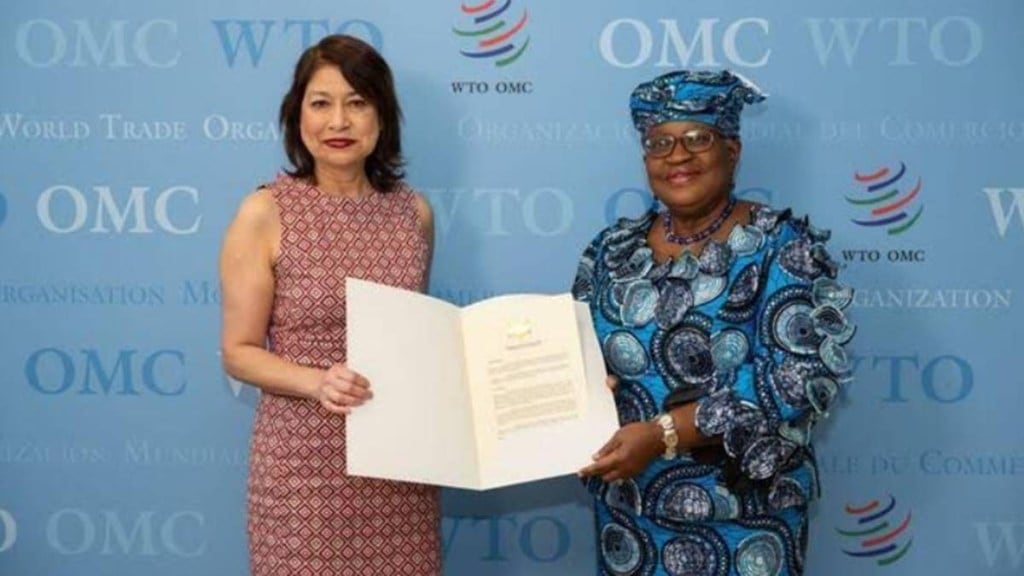Peru has become the first country in Latin America to ratify the Agreement on Fisheries Subsidies of the World Trade Organization (WTO).
As Minister of Foreign Affairs of Peru, Ms Ana Cecilia Gervasi submitted the instrument of acceptance of her country to the Agreement on Fisheries Subsidies of the WTO on July 19th this year and this marks a significant step towards achieving one of the Sustainable Development Goals (SDG).
A Commitment to Fair and Predictable Rules:
Peru, as a nation, has long been committed to upholding an international trade system founded on fair, clear, and predictable rules. According to an official statement of Ms Gervasi, since its formal entry into the WTO in 1996, Peru has been actively involved in the development of this instrument to protect marine ecosystems against excessive exploitation.
Background: From Doha Round to the 2030 Agenda:
The Doha Round in 2001 initiated negotiations for a new regulation on subsidies to the fishing sector, aiming to safeguard marine ecosystems from overexploitation. Subsequently, the formulation of the 2030 Agenda for Sustainable Development (target 14.6) intensified discussions at the WTO regarding effective rules to limit financial aid granted to the fishing industry by powerful nations.
Adoption of the Long-Awaited Agreement:
After years of negotiations, countries finally adopted the Agreement on Fisheries Subsidies in June 2022. This milestone marks the second treaty to be established by the WTO since its inception. Peru played a pivotal role in these negotiations, with Ms Ana Cecilia Gervasi leading her country’s delegation as the Vice Minister of Foreign Trade at that time.
Eliminating Disparities and Ensuring Sustainability:
The Agreement aims to address the disparities in subsidies granted to fishing industries by powerful nations, which have a negative impact on marine ecosystem conservation. Additionally, it establishes a financial support mechanism to assist less privileged WTO members in integrating sustainability policies into their fishing activities, making it the first WTO Agreement focused on the environmental aspects of international trade.
Peru’s Vital Role in Global Fishing:
Peru’s geographical location has positioned it as a fishing country of significant importance. It currently ranks third globally in terms of fishing volume, highlighting its substantial contribution to the global fishing industry.
The Significance of Peru’s Fishing Sector:
Peru’s fishing sector serves as one of the main pillars of the country’s economic activity. Notably, it contributes significantly to the gross domestic product and provides livelihoods for tens of thousands of families, including artisanal fishermen and businesses related to marine capture. Moreover, the sector is highly valued internationally for its contributions to the gastronomic industry.
This ratification of the Agreement on Fisheries Subsidies represents a monumental step towards sustainable fishing practices and the preservation of marine resources. By promoting fair and transparent rules within the WTO framework, the South American country has set an inspiring example for other nations to follow.

